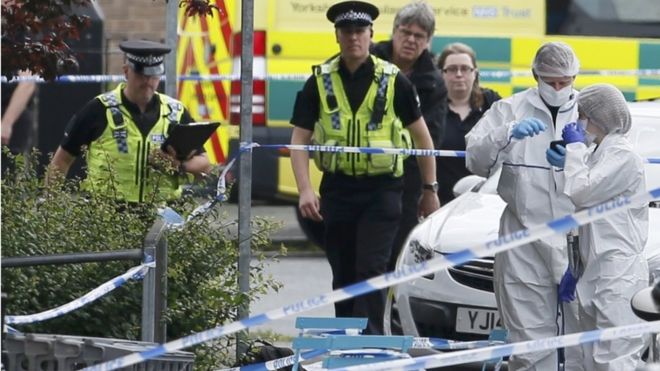 Anyone who becomes known to people they haven’t met runs the
risk of becoming a lightning-rod for hate and disturbance. A pop singer is shot
dead in the USA; an MP in a small Yorkshire town. Rarely this happens to clergy
too, although when they are killed – unless it’s as a result of the kind of
random event that could befall anyone – it tends to be by someone they have met
and dealt with. I sometimes wonder whether that might happen to me one day,
though it doesn’t seem very likely.
Anyone who becomes known to people they haven’t met runs the
risk of becoming a lightning-rod for hate and disturbance. A pop singer is shot
dead in the USA; an MP in a small Yorkshire town. Rarely this happens to clergy
too, although when they are killed – unless it’s as a result of the kind of
random event that could befall anyone – it tends to be by someone they have met
and dealt with. I sometimes wonder whether that might happen to me one day,
though it doesn’t seem very likely.
You can’t stop unbalanced people being overcome by hate, and
attaching it to a particular figure. You can make it harder for them to do
anything very damaging with that hate. To kill someone with a knife you have to
be very lucky, or really to know what you’re doing, and most unbalanced
individuals don’t; guns make it so much easier.
The character of the individual who dies, or the context,
makes a difference to what happens afterwards. Years ago Phyl Saville, the
President of the Priest’s House Museum Trust in Wimborne where I used to work,
was stabbed on her way to church one Sunday morning. It always felt to me as
though her gentle, tough, serene faith had already reached out to defuse the
evil of her death long before it had taken place. Other deaths are surrounded
by revenge and resentment and as a result the hatred escalates. Only lives
lived after the pattern of the Cross – whether by religious people or not –
can absorb evil and transform it into hope.

No comments:
Post a Comment